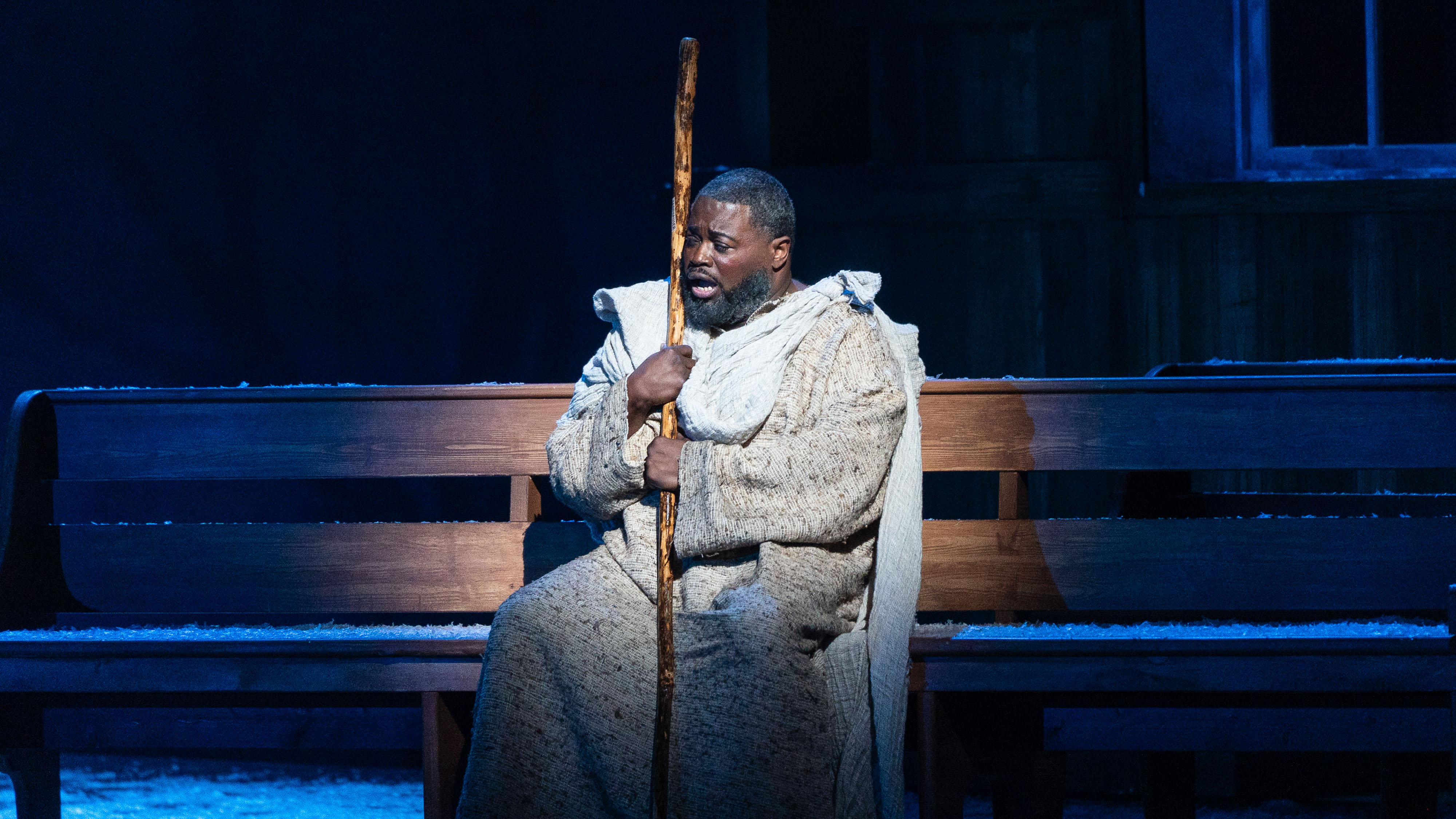Tannhäuser: Top 5 Musical Moments
(Praise be heard to you!)
Act I
Accompanying himself on harp, Tannhäuser sings this lusty ode to Venus in Act I. Although he praises the goddess, he ends every verse with the same refrain: “Let me leave!” Each repetition moves a half-step higher, as if Tannhäuser is trying to musically push his way out of the Venusberg. This same number lands the knight in hot water when he performs it at the Wartburg singing contest in Act II, letting slip in the lyrics that he’s been cavorting with Venus.
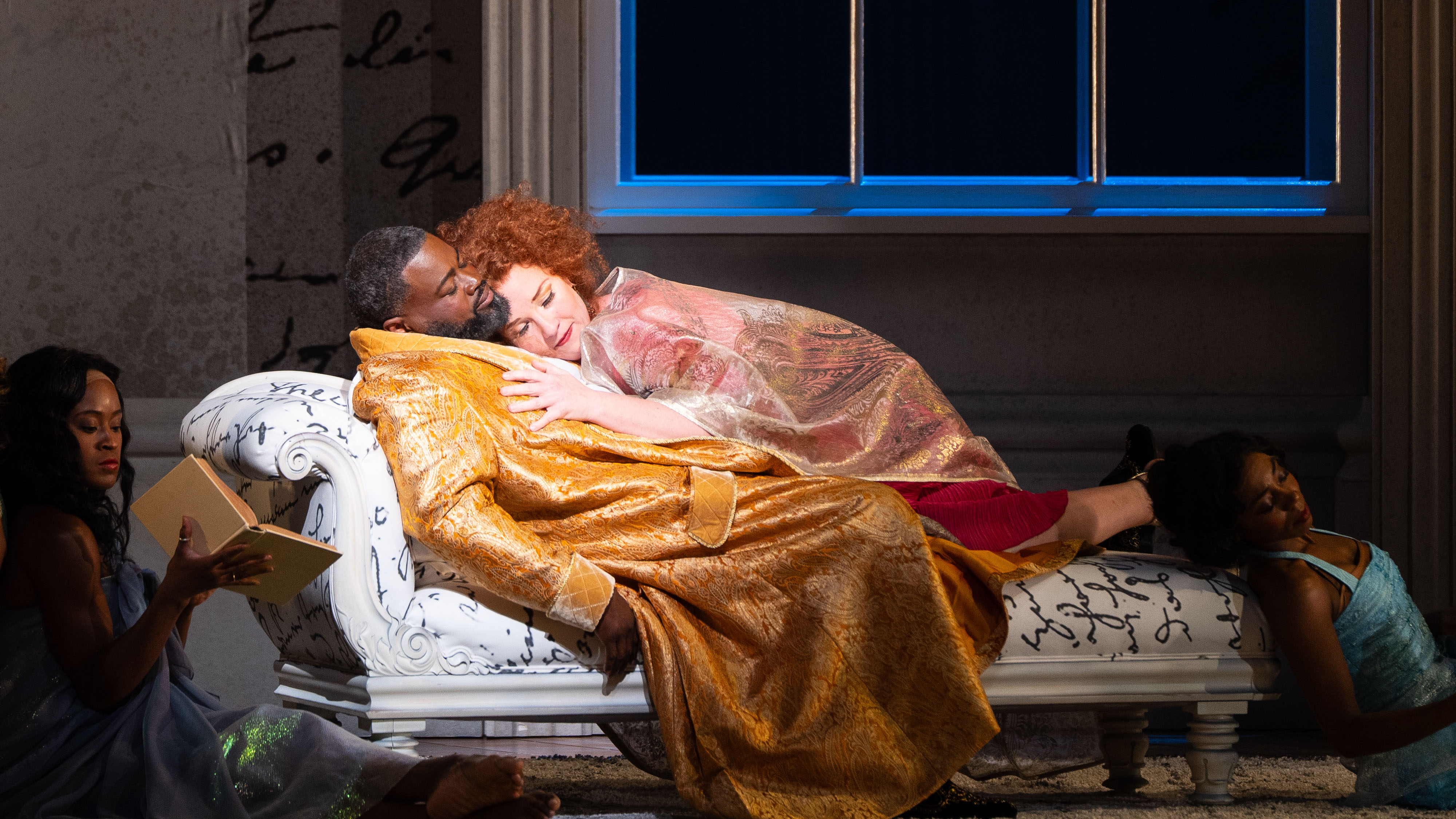
(To you I flock, my Jesus Christ)
Act I
The chorus of pilgrims intone this solemn yet hopeful processional hymn as they set off for the holy city of Rome in Act I. Traversing the stage while they sing, they trace one long crescendo and decrescendo. The theme returns throughout the opera, coming to represent Tannhäuser’s quest for atonement. Listen for the cascading countertheme in the strings, which Wagner dubbed the “Pulse of Life.”
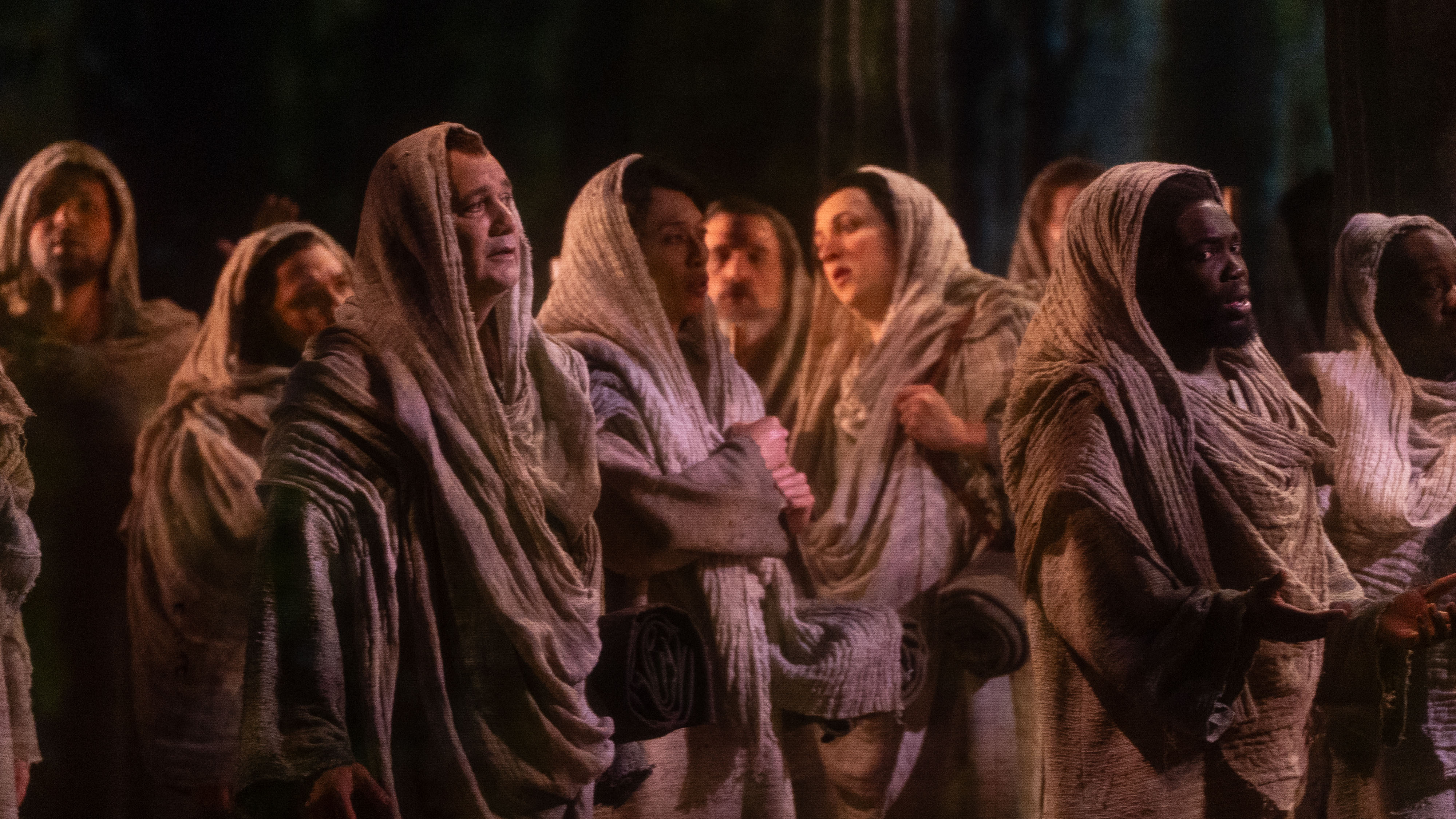
(You, dear hall)
Act II
In this rapturous aria at the top of Act II, Elisabeth fondly greets the Wartburg music hall where she first heard Tannhäuser sing. Listen for the rapid triplet figures in the orchestra and the wide, upward leaps in the vocal line that convey Elisabeth’s giddy excitement at seeing the knight again.
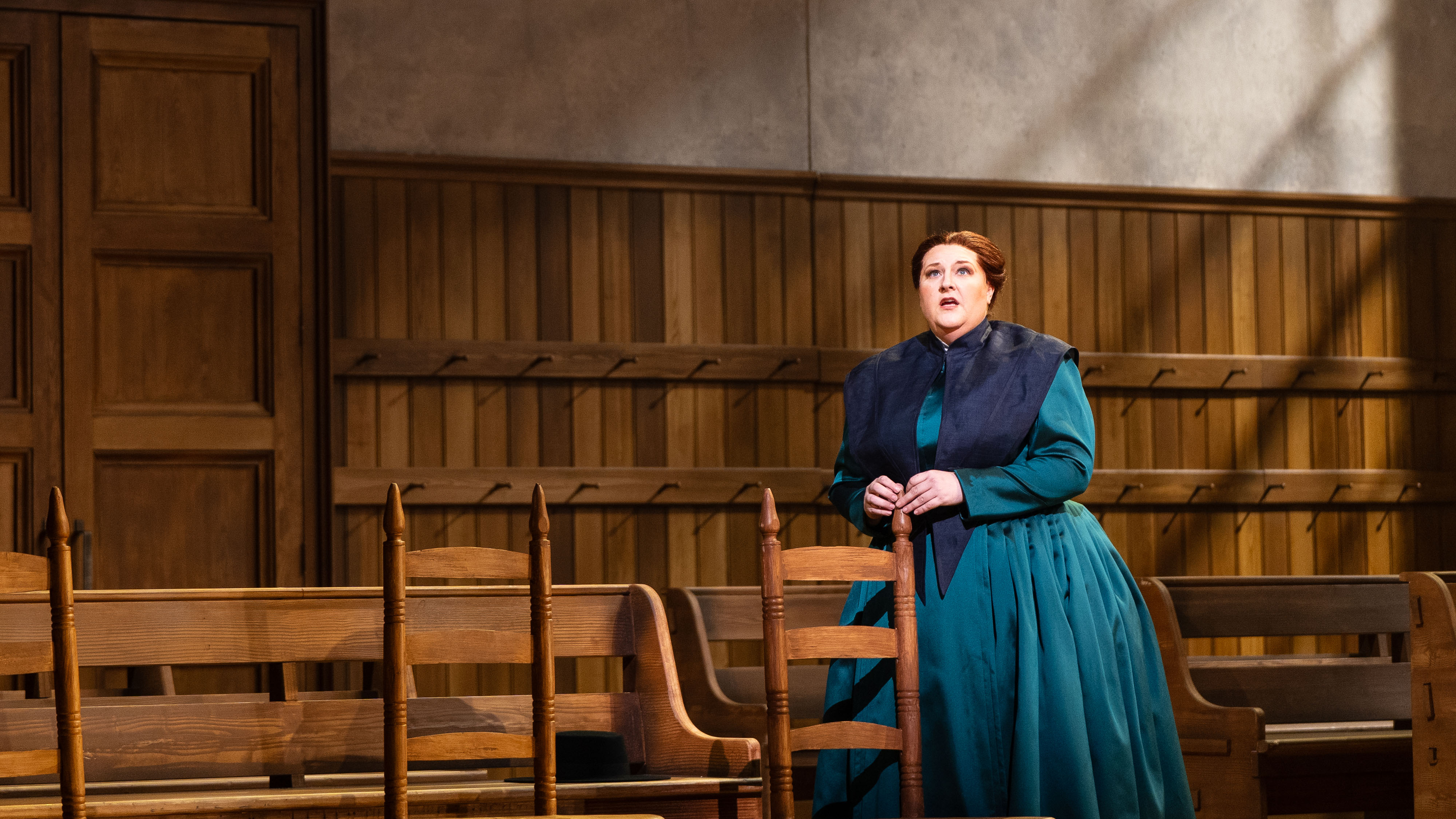
(O you, my lovely evening star)
Act III
As twilight descends in Act III, Tannhäuser’s friend Wolfram croons this melancholy tune to the Evening Star (the planet Venus). It’s really a bittersweet torch song about Elisabeth, whom Wolfram secretly loves. The rocking 6/8 meter and sinking chromatic lines betray his unrequited ardor.
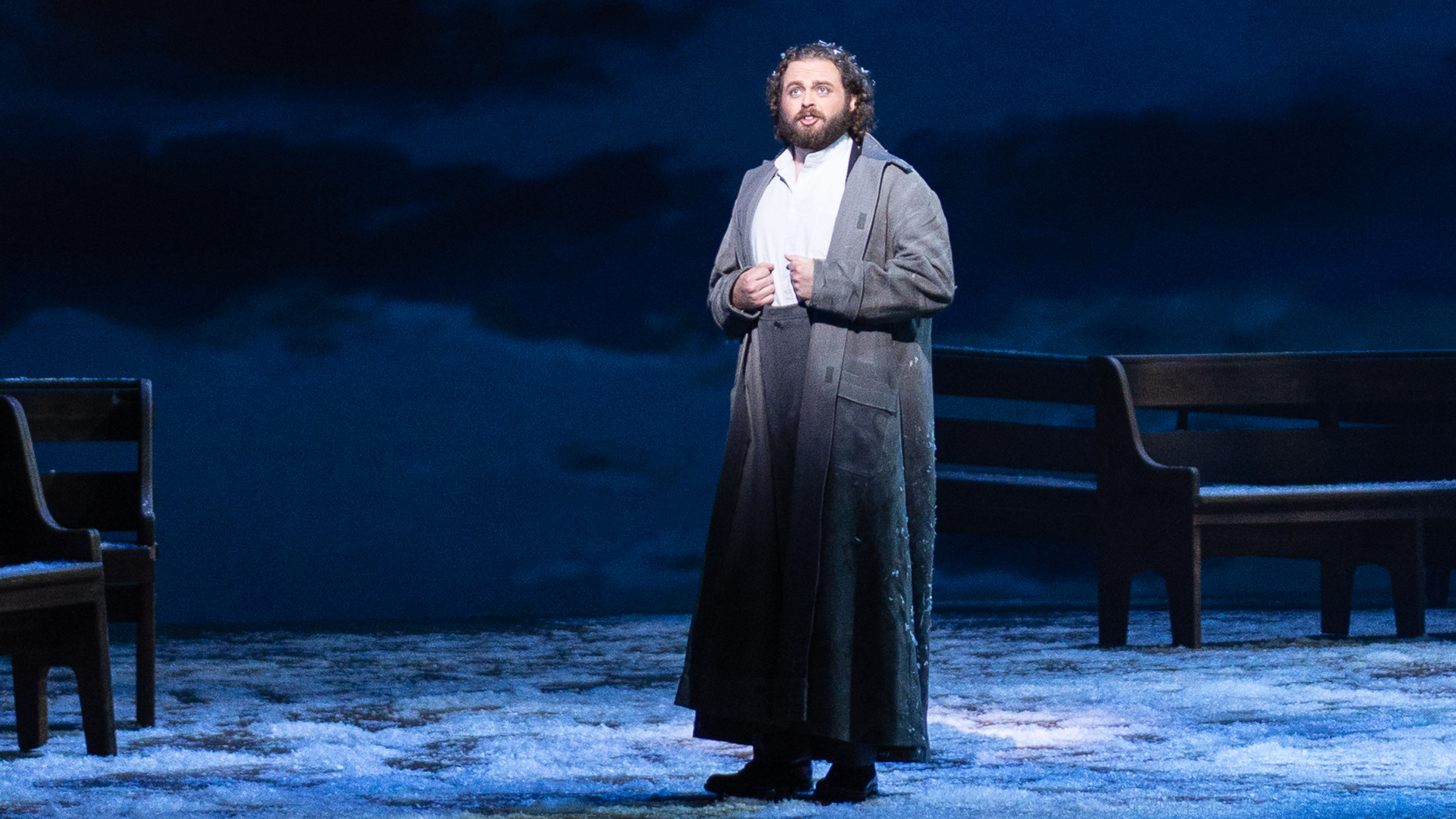
(Fervour in the heart)
Act III
This lengthy Act III number is less an aria than an extended musical monologue. Having returned from Rome, Tannhäuser recounts to Wolfram his unsuccessful pilgrimage to ask the pope’s forgiveness. The orchestra illustrates his journey with a selection of leitmotifs from earlier in the opera. But the whole narrative is organized around a dark, foreboding figure that recurs in the strings.
